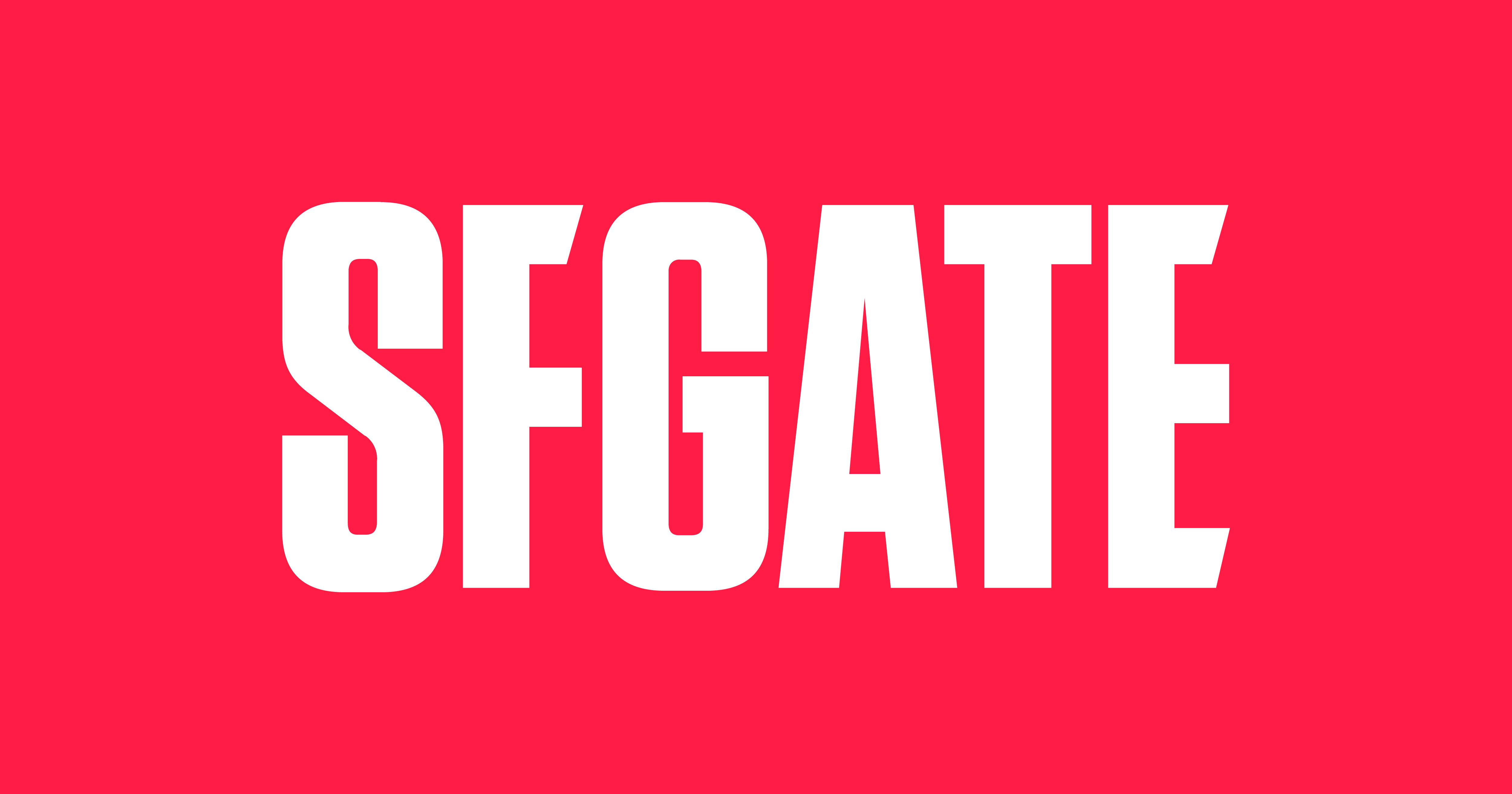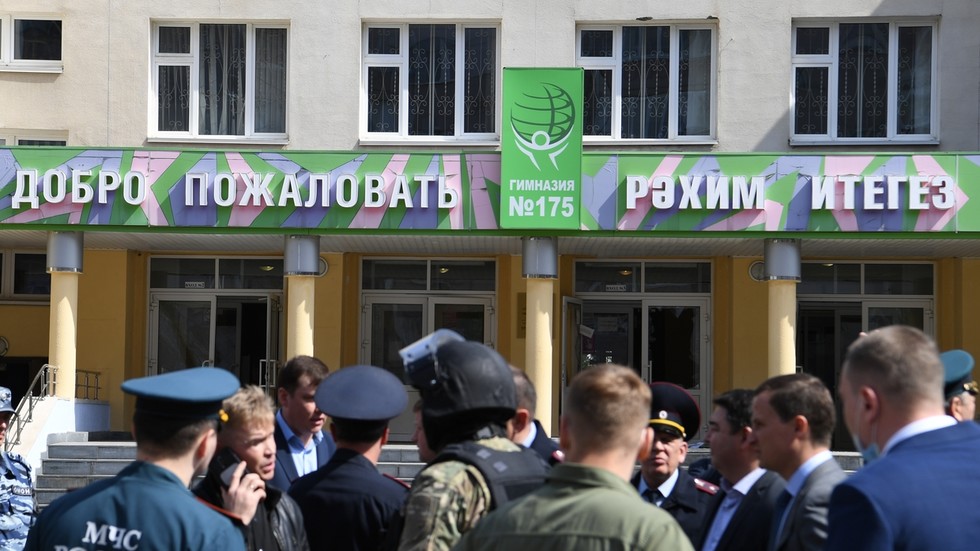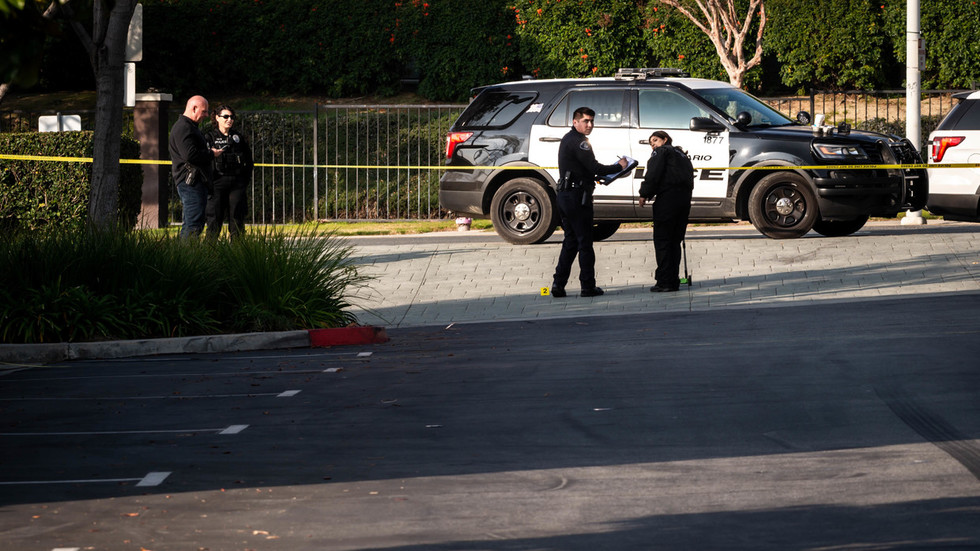Names
Belgium was a name chosen when the modern country was created, but it has a long history. It is originally a classical name, used by Julius Caesar. The term continued to be used occasionally in different ways until the creation of the modern country. While Caesar described the Belgian part of Gaul as a larger area, much bigger than modern Belgium, including large parts of modern France, Germany and the Netherlands, he only used the term "Belgium" once, referring to a smaller area now mostly in Northern France, where the tribes ruling the Belgian military alliance lived. Under Roman rule this region was the equivalent of the province of
Belgica Secunda, which stretched into the coastal Flemish part of modern Belgium.
In late Roman and medieval times the term Belgium tended to be used to refer to Roman
Belgica Prima, and its successor
Upper Lotharingia, in the
Moselle region of Germany, Luxembourg and France. Only slowly in modern times did the old term start to be used for the area to the north of the two Roman
Belgica provinces, now the Netherlands and Belgium. For example, it was sometimes used as a classical name for the northern "
United Provinces", roughly the predecessor of the modern Netherlands, after they separated from the Spanish-ruled south, roughly the predecessor of modern Belgium, in the early modern era.
Belgium only began to be used exclusively for the southern part of the Netherlands when it was deliberately chosen as the new name for the new country, which broke out of the post-Waterloo kingdom of the Netherlands after a struggle which lasted from 1830 to 1839.


 There were two killers. One 19 years old was apprehended ,the other one was killed on the 4th floor of the school. So far the media reports that 9 kids were killed, and plus the teacher.
There were two killers. One 19 years old was apprehended ,the other one was killed on the 4th floor of the school. So far the media reports that 9 kids were killed, and plus the teacher. 



